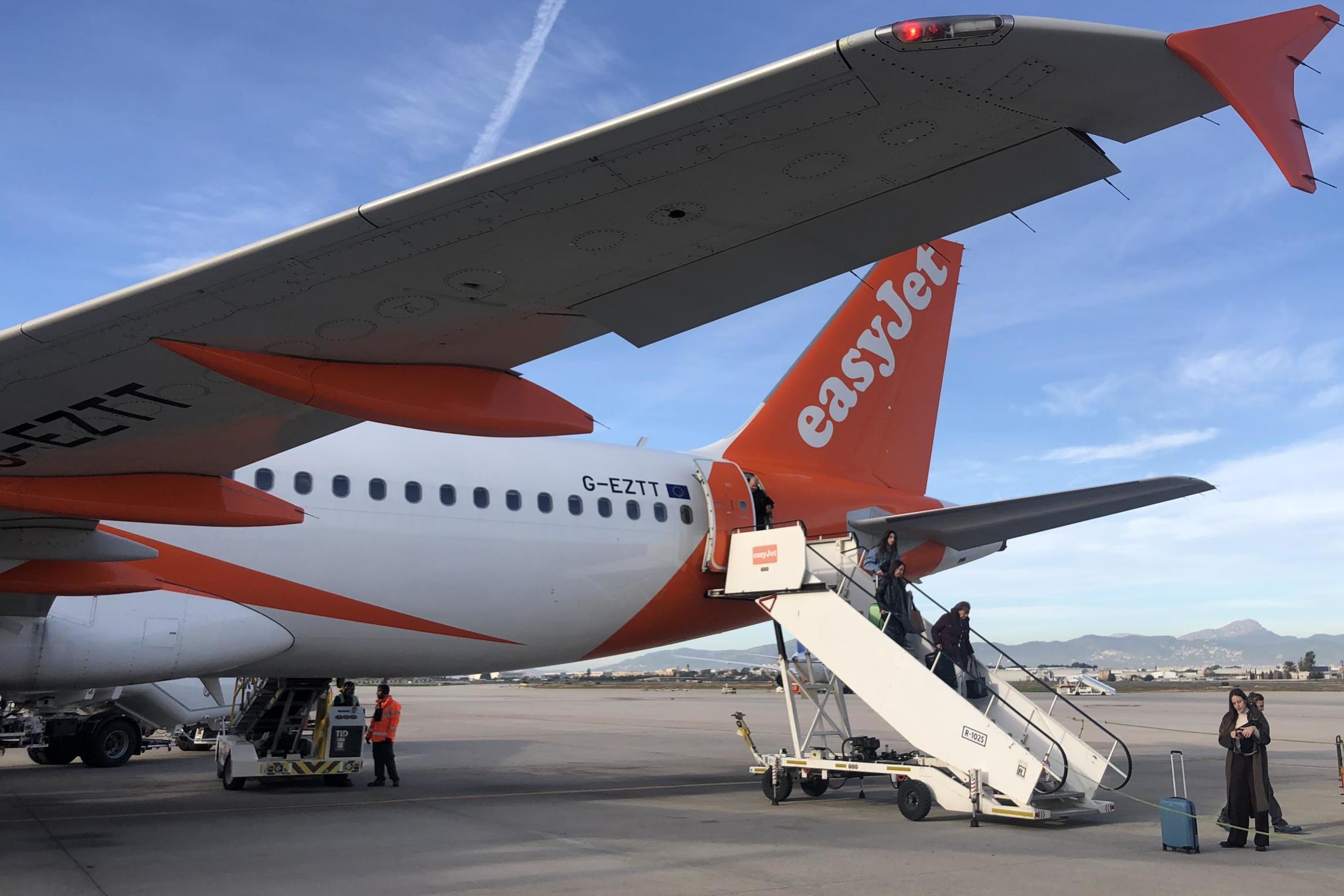This website uses cookies so that we can provide you with the best user experience possible. Cookie information is stored in your browser and performs functions such as recognising you when you return to our website and helping our team to understand which sections of the website you find most interesting and useful.

The UK’s biggest budget airline is to follow British Airways in cutting up to 30 per cent of its workforce.
As many as 4,500 of easyJet’s estimated 15,000 staff could lose their jobs.
As a result of the coronavirus pandemic, easyJet says it does not expect passenger demand to return to 2019 levels until 2023.
The Luton-based airline plans to cut one-seventh of its planned fleet of Airbus jets, to 302 aircraft by the end of 2021.
But job cuts will be much deeper. In the next few days easyJet will begin consultations with unions on reducing staff numbers by up to 30 per cent, as well as improving productivity.
Johan Lundgren, chief executive of easyJet, said the airline would “optimise the network and our bases”.
He said: “We realise that these are very difficult times and we are having to consider very difficult decisions which will impact our people, but we want to protect as many jobs as we can for the long term.
“We remain focused on doing what is right for the company and its long-term health and success, following the swift action we have taken over the last three months to meet the challenges of the virus.”
While easyJet will resume flying on 15 June, on a small number of mainly domestic routes, the re-start is being hampered by government action – in particular the UK’s plan to quarantine all arriving passengers from 8 June, which has depleted demand for the summer.
However, the airline said: “Bookings for winter are well ahead of the equivalent point last year, which includes customers who are rebooking coronavirus-disrupted flights for later dates.”
Later this year easyJet was planning to celebrate its 25th year since Stelios Haji-Ioannou founded the carrier from a temporary building at Luton airport.
From a single route between Luton and Glasgow, easyJet grew to a pan-European giant carrying around 90 million passengers in 2019.
Its biggest hub is Gatwick. British Airways and Virgin Atlantic have both said they may leave the Sussex airport.
The general secretary of the British Airline Pilots’ Association (Balpa) has condemned the job cuts as “a real kick in the teeth”.
Brian Strutton said: “easyJet staff will be shocked at the scale of this announcement and only two days ago staff got a ‘good news’ message from their boss with no mention of job losses.”
“Those staff have taken pay cuts to keep the airline afloat and this is the treatment they get in return.”
“Given easyJet is a British company, the UK is its strongest market and it has had hundreds of millions in support from the UK taxpayer, I can safely say that we will need a lot of convincing that easyJet needs to make such dramatic cuts.
“Indeed, easyJet’s own projections, though on the pessimistic side, point to recovery by 2023, so this is a temporary problem that doesn’t need this ill-considered knee-jerk reaction.”
BA has already announced plans to cut 12,000 of its 42,000 staff, and to change the employment terms of remaining employees.



 Africana55 Radio
Africana55 Radio 

